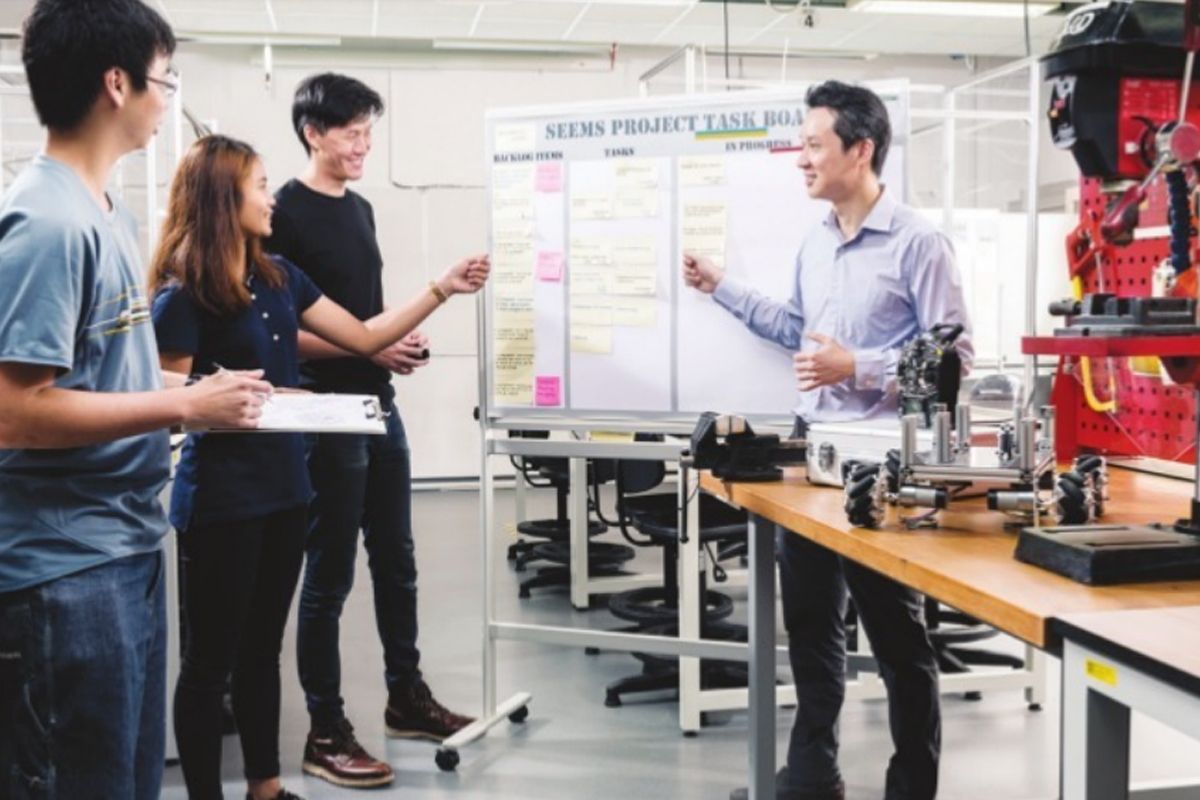SBIHM organises bakery festival
Subhas Bose Institute of Hotel Management (SBIHM) has been recognized by AICTE, NCHMCT (Government of India), and MAKAUT (Government of West Bengal).
Instead of curriculum-based education, engineers need to focus more on essential communications, critical thinking and collaborating skills.

Photo: Statesman News Service
John Dewey, the eminent 20th century American educator had aptly said, “The real process of education should be the process to think through the applications of real problems”.
No wonder he was the premier provocateur behind introducing the idea of practicing democracy as a modicum in education. While this was coined in the earlier 20th century, it holds pertinence way ahead of its and our times, paving way for modern education to flourish.
Advertisement
Yet, if you look at the state of education, especially for the aspiring engineers, you’d see the above statement floundering to find relevance. This is especially surprising for a nation like India which has a strong engineering backed educational scenario, supplying bright minds to leading organisations in both local and global sphere. The demand for engineering education is currently high; as many as 10.5 lakh students appeared for the IIT JEE entrance exam.
Advertisement
Yet, the lack of employable skills in engineers in India has created an employment gap that becomes difficult to fill, growing on a yearly basis. A recent report by Aspiring Minds stated that as many as 95 per cent of 36,000 engineers assessed in IT related branches were considered unemployable for software development jobs. Adding to that, the shutting down of over 150 engineering colleges by the All India Council for Technical Education (AICTE), has raised questions. All this roots back to lack of basic technical knowledge among the students; this is now throwing a light on the gravity of the situation.
Factors that ail engineering education in India: The ailment is age old, growing strong with every year. The lack of integrity to impart quality education and interest to enhance the standards is lost amongst even the most eminent educational institutions in the country. While the IT boom was a 90’s thing, the early 2000s, witnessed an upsurge in demand as engineering colleges thrived all around, mostly to encash on the upsurge. Their functioning relied heavily on bulk placements by the upcoming IT firms, creating a shortage in quality education being imparted. A staid and insipid curriculum is to be blamed, too.
While the world of technology is evolving, with workplaces matching to it, the curriculum remains jaded; far from its era of relevance. The emphasis on theoretical knowledge still holds strong, with practical knowledge still being on the back foot. Essentials like automation, robotics, data sciences, artificial intelligence and machine learning are still bypassed by institutions, making it difficult to gather the right skills.
Only 1.4 per cent of the engineers could write functionally correct and efficient code, putting a light on the lack of a result centric approach.
Finally, engineering is vastly beyond computer science and IT, a fact that hasn’t dawned upon the employment scenario of the nation. This has led to a mismatch of skill versus the requirements. To match up to the 100 per cent placement guarantee, intuitions often heard up their students from all domains to appear for opportunities in the software industry.
Now, eminent IT companies in India have begun selectively hiring and slashing out their hiring percentages, creating a lacunae that needs to be filled.
Things to be done: The need of the hour is to re-tool, re-skill and re-programme. This will enable us to create new learning skills by providing unbundled learning and providing a multidisciplinary perspective. Instead of curriculum-based education, engineers need to focus more on essential communications, critical thinking and collaborating skills. These skills are the basic ones and can be effective in whatever jobs they switch. To provide a holistic education, our institute is designing their curriculum with Olin College so that they create future ready professionals before it’s too late.
Advertisement